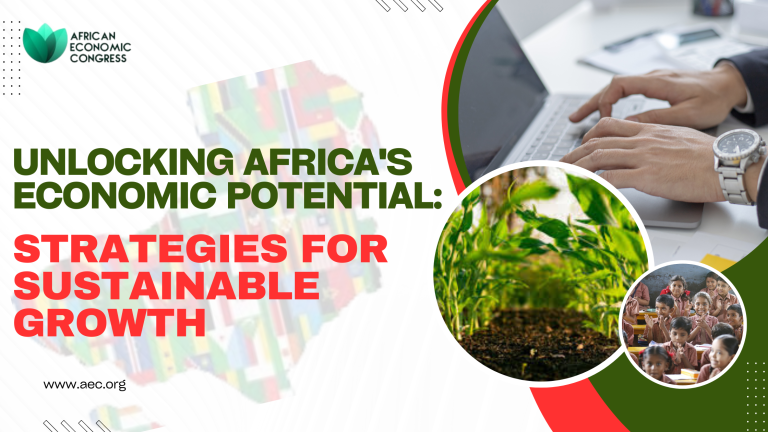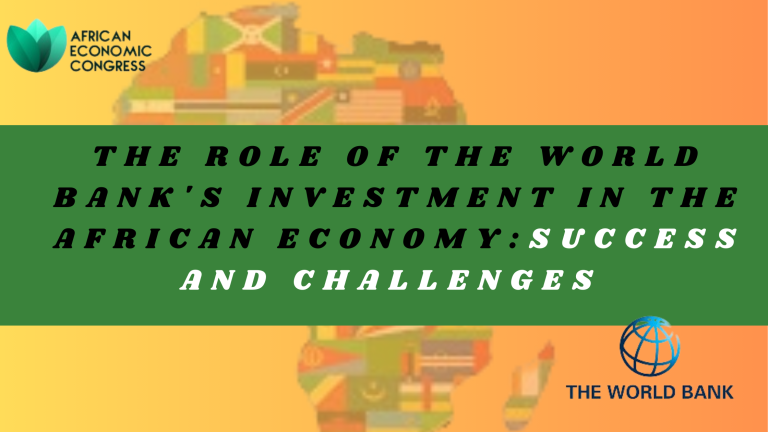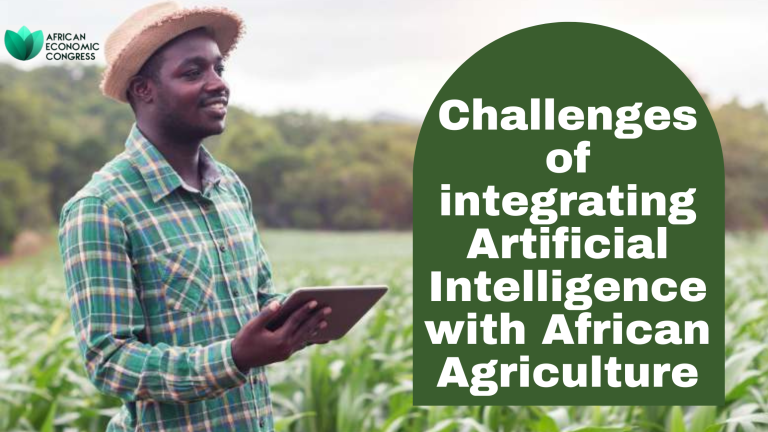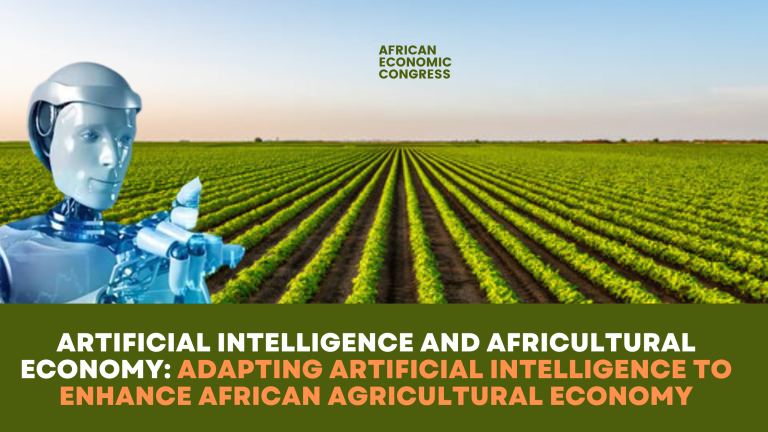Africa’s youth population is its greatest asset. With over 60% of the continent’s population under 25, investing in their empowerment is essential for sustainable development.
Empowering youth is crucial for building strong future leaders. But what does youth empowerment mean, and why is it so important for Africa’s future?
Youth empowerment means giving young people the tools, resources, and opportunities to succeed. This includes access to education, jobs, healthcare, and participation in decision-making processes.
When young people are empowered, they can make positive changes in their communities and lead Africa to a brighter future.
Why Youth Empowerment Matters?
Demographic Advantage: Africa’s youth bulge presents an opportunity for economic growth. When empowered, young people can drive innovation, entrepreneurship, and productivity.
Breaking the Cycle of Poverty:
Empowering youth through education, skills training, and employment opportunities breaks the cycle of poverty. It enables them to contribute positively to their families and communities.
Leadership Pipeline:
Investing in youth today ensures a strong leadership pipeline for tomorrow. They will shape policies, drive change, and address pressing issues.
The Current State of Africa’s Youth
Africa is home to the largest population of young people in the world. Over 60% of the continent’s population is under 25.
According to a UN forecast, by 2050, Africa’s youth population is expected to double, and young people will constitute half of the 2 billion working-age population. This demographic presents significant potential for growth and development. With the right opportunities and support, Africa’s youth can drive innovation, economic growth, and social change.
Challenges Faced by Africa’s Youth
Despite their potential, many young Africans face significant challenges that hinder their empowerment:
- Education Disparities: Many African youths lack access to quality education. Addressing this gap is crucial for empowerment.
- Unemployment: High youth unemployment rates hinder progress. Creating jobs and promoting entrepreneurship is vital.
- Gender Inequality: Young women face additional barriers. Empowering them is essential for their overall progress.
- Social and Political Participation: Young people in Africa often feel excluded from decision-making processes. Political norms and structures can limit their participation in governance and leadership.
How is Youth Empowerment Critical to Building Africa’s Future Leaders?
Fostering Education and Skills Development
Empowering young people through education and skill development is essential for building future leaders in Africa. Education provides the foundation for critical thinking, problem-solving, and innovation. When youths have access to quality education, they gain the knowledge and skills necessary to tackle complex challenges and lead their communities effectively.
Access to Quality Education: Ensuring that all young people have access to quality education is vital. This includes building more schools, training teachers, and providing resources such as textbooks and technology.
Vocational Training and Lifelong Learning: In addition to formal education, vocational training programmes can help young people acquire practical skills that are directly relevant to the job market. Lifelong learning opportunities, such as online courses and workshops, enable continuous personal and professional growth, keeping youth adaptable and ready to lead.
Economic Empowerment and Entrepreneurship
Economic empowerment is another critical aspect of building future leaders. When young people have the opportunity to participate in the economy, they develop confidence, independence, and a sense of responsibility. Economic empowerment can be achieved through job creation, entrepreneurship, and access to financial resources.
Job Creation: Governments and businesses need to collaborate to create more job opportunities for young people. This includes investing in industries that have high potential for growth and employment, such as technology, agriculture, and renewable energy.
Support for Entrepreneurship: Encouraging young people to start their businesses can lead to economic empowerment. Providing access to microloans, grants, mentorship programmes, and business training will also help them succeed. Successful young entrepreneurs often become leaders, driving economic development and inspiring others to follow in their footsteps.
Health and Well-being
A healthy population is also necessary for effective leadership. Youth empowerment includes ensuring that young people have access to healthcare services, including mental health support. When young people are healthy, they are more capable of contributing positively to their communities.
Healthcare Access: Expanding healthcare services to reach all young people, especially in rural areas, is crucial.
Mental Health Support: Addressing mental health issues is equally important. Providing resources and support for mental well-being helps young people cope with stress and challenges, making them more resilient and effective leaders.
Civic Engagement and Participation
Empowering young people to participate in civic activities and decision-making processes is fundamental to building future leaders. When youth are actively involved in their communities, they develop leadership skills, a sense of responsibility, and a commitment to positive change.
Youth Councils and Forums: Establishing functional youth councils and forums at local, national, and regional levels allows young people to voice their opinions and influence policies. These platforms give them a direct role in shaping the future of their communities.
Encouraging Volunteerism and Activism: Promoting volunteerism and activism among young people fosters a culture of service and social responsibility. Youth who engage in
socio-political projects and advocacy work develop leadership skills and a deeper understanding of societal issues.
The Role of Technology
Technology plays a significant role in youth empowerment by providing access to information, education, and communication tools. Embracing technology can help young people become innovative leaders who drive progress and development.
Digital Literacy: Ensuring that young people are digitally literate and have access to the internet is crucial. This enables them to learn new skills, access information, and connect with others around the world.
Innovative Solutions: Encouraging the use of technology to develop innovative solutions for local problems can lead to significant improvements in communities. Young tech entrepreneurs can create apps, platforms, and services that address issues such as healthcare, education, and agriculture.
Gender Equality
Young women face additional barriers in Africa. Empowering them is vital for achieving gender equality and building a prosperous future for Africa.
Access to Education and Economic Opportunities: Ensuring young women have access to quality education is fundamental. Creating economic opportunities for young women is also essential for their empowerment.
Challenge Harmful Gender Norms: Harmful gender norms and stereotypes often prevent young women from reaching their full potential. Challenging and changing these norms is crucial for achieving gender equality and empowering young women.
In other posts, we share on youth empowerment programs across Africa. Click here to read.








